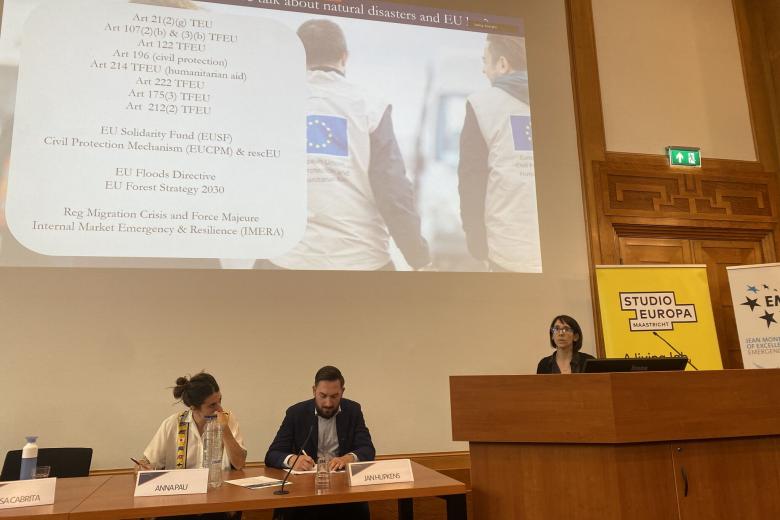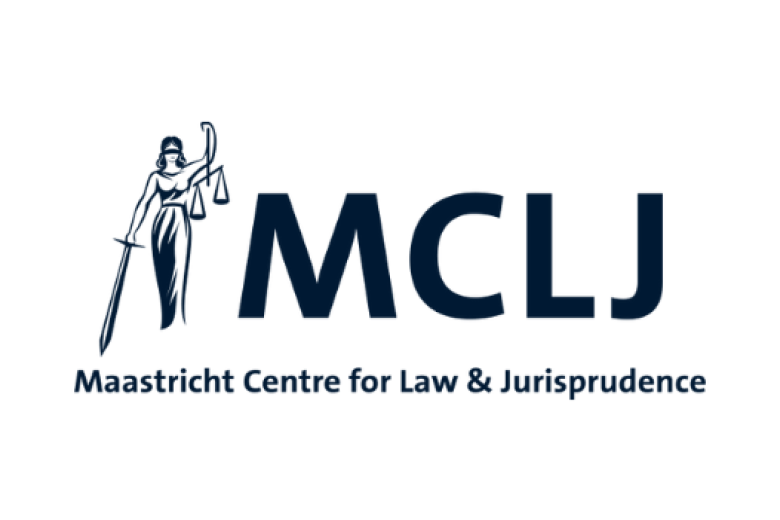Machine Learning Solutions for Improving Access to Law
Supervisors: Prof Dr Gijs van Dijck and Dr Jerry Spanakis.
Keywords: Machine Learning (ML), Natural Language Processing (NLP), Specialised Domain, Access to Law
Many individuals are likely to face a legal dispute at some point in their lives, but the lack of understanding of how to navigate these complex issues often renders those with few resources vulnerable. The advancement of machine learning and natural language processing opens new avenues for bridging this legal literacy gap through the development of automated legal aid systems.
This thesis investigates the potential of such systems in automatically retrieving relevant legislation and delivering understandable answers to legal questions posed in layperson's terms. These automated tools could provide a free professional assisting service for people in need, empowering disadvantaged parties in legal disputes and improving equal access to justice.
Nonetheless, research into this area remains scarce, primarily due to the complexities and costs of constructing specialised datasets necessary for their development and evaluation. This gap is addressed by exploring different aspects of automated legal aid solutions.
Also read
-
Workshop on EU Crises and Emergencies Concludes
The two-day workshop on EU Crises and Emergencies in EU Integration has successfully concluded, marking the close of the first year of the EmergEU Jean Monnet Centre of Excellence.

-
The Copyright Protection of Fictional Characters: Mainland China Compared with the United States and Germany
PhD thesis by Xi Lin

-
Symposium VWR-VSR: Vulnerability and the Law – Multidisciplinary Perspectives
On 14 November 2025, the symposium "Vulnerability and the Law: Multidisciplinary Perspectives" will take place in Maastricht.
